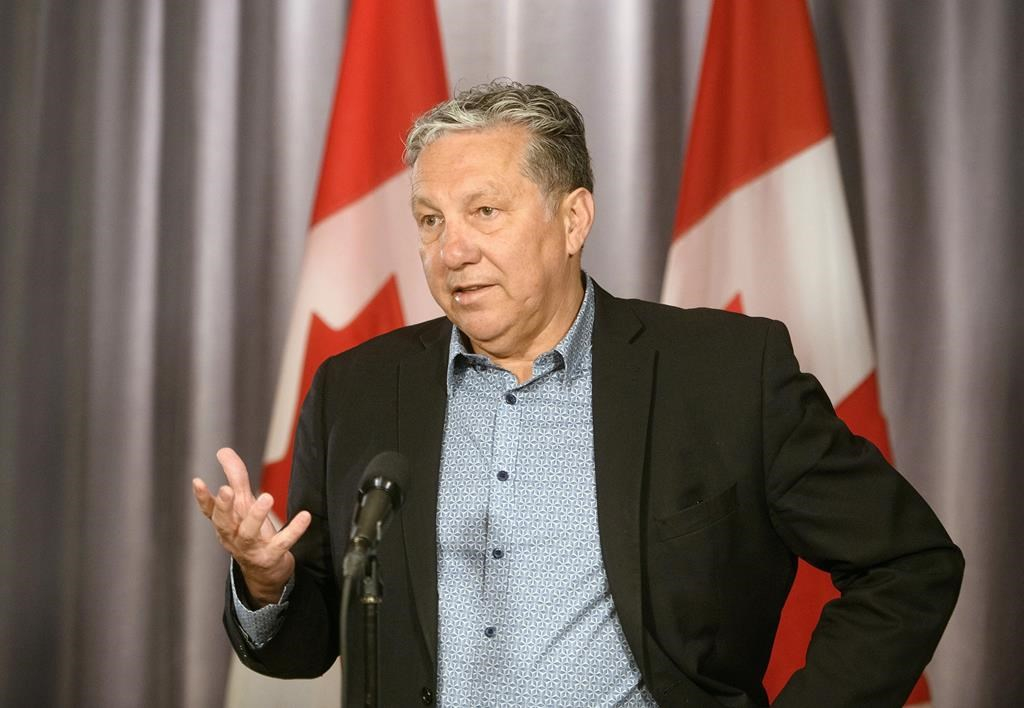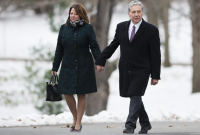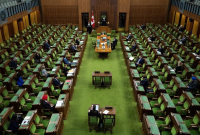Support strong Canadian climate journalism for 2025
Northern miners have told the federal government that the wage subsidy program brought in to get the country through the COVID-19 pandemic leaves them out in the cold.
"We urgently request the federal government take the unique circumstances of Canada's North into account and ensure the companies active in its most important and largest private sector industry are provided the supports they need to survive," says a letter from territorial mining associations to federal Northern Affairs Minister Dan Vandal.
The letter, co-signed by the Yukon Chamber of Mines, is being supported by all three territorial governments.
Tom Hoefer of the Northwest Territories and Nunavut Chamber of Mines said Monday the program is a poor fit for the northern mining industry.
"I don't think they're getting the help that we expected them to."
Hoefer points out mining companies are squeezed between falling prices for commodities and increased COVID-19-related expenses.
More than 1,200 northerners have been sent home to their remote communities, many still on the payroll. Meanwhile, companies are using chartered planes to pick up their remaining workers from the south, as well as incurring the extra cost of enhancing public health measures at the mine sites.
But it's the requirement to show a 30 per cent loss in revenue from this time last year that's the biggest problem for the industry.
Mining revenue streams are uneven, the letter to Vandal says. As well, some mines were just ramping up production and last year's income isn't a good comparison.
The requirement is even harder on exploration companies, which don't have a revenue stream other than investment dollars.
"Their ability to raise funds on the market is basically zero now, but they still have to maintain costs," Hoefer said.
"How do they keep their people? The worry is, their people are the ones that have built up the expertise on the projects they're working on."
Local Indigenous companies that service mines also have large seasonal income swings that don't fit into the federal relief framework.
"A lot of the Indigenous companies are startups," said Hoefer. "They haven't been in business for 10 years and can't say, 'This is a steady-state cash flow and it's easy to compare.'"
N.W.T. Minister of Industry, Tourism and Investment Katrina Nokleby said her government backs the need for more support for northern mining.
"Mining and exploration is the biggest source of private sector jobs and income for our residents and has been the heart of our economy for decades," she said in a statement. "It is imperative that we continue to support it."
In its letter to Vandal, the industry emphasizes its importance to the Arctic economy.
Between the three territories, mining directly employs about 10,000 people and is the largest single private-sector employer and contributor to GDP, producing more than $3 billion in minerals a year.
It says it spends about $3 billion a year in the North, "including a significant and growing share with Indigenous residents and businesses." Many Indigenous governments also receive payments from mining companies, it says.
Vandal's office did not respond to a request for comment Monday.
Hoefer said industry representatives are to meet with Vandal on Wednesday to try to work something out.
This report by The Canadian Press was first published April 13, 2020






Comments